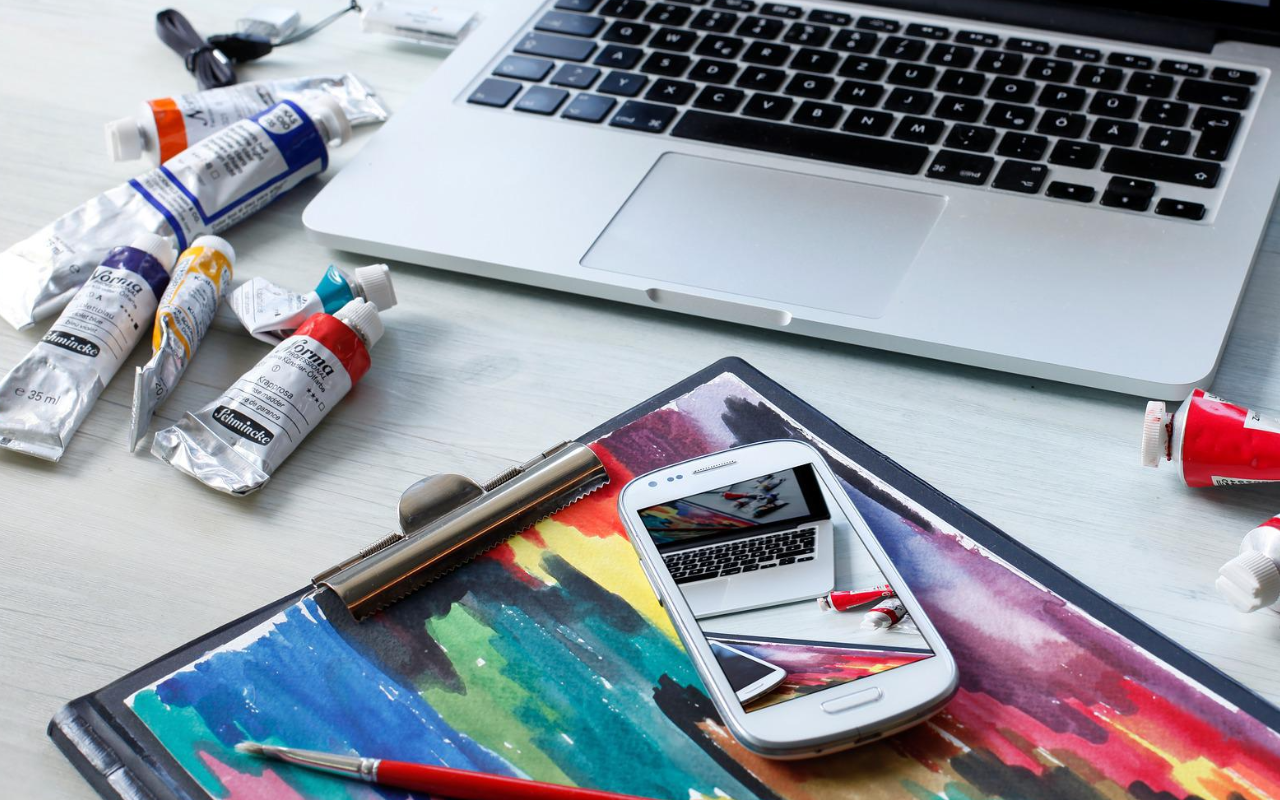
Photo: Ptra
Public support payment initiatives for artists
Poll suggests the majority of the public want government and technology companies to support initiatives to remunerate artists whose work is downloaded digitally.
There is large public support for new ways to pay creators for the work they make that is often shared digitally, according to a new poll.
Commissioned by visual artists’ rights management organisation DACS, the YouGov poll found 72% of people surveyed support artists, performers and creative workers being paid when their work is shared digitally.
DACS Chief Executive Gilane Tawadros told ArtsProfessional the poll was commissioned following a series of focus groups and surveys with artists last year.
READ MORE:
During these focus groups, creatives voiced concern the public wouldn’t be willing to support alternative payment methods but results from the YouGov poll found two-thirds (67%) of respondents agreed the government should be open to new initiatives to pay artists, performers and creative workers.
Payment initiatives could take the shape of a levy on digital devices, which would see the percentage of each sale of a digital device go into a fund that is distributed to creatives.
Other proposed models include universal basic income, or the lease of vacant commercial spaces rent-free to artists, which were both called for in DACS’ Manifesto for Artists published last year.
Tawadros said alternative payments would “make a phenomenal difference to creative people who have made such a massive contribution”.
“I think there is real risk here that post-Brexit, artists in this country are left behind, and we know they’ve contributed so much to the economy.”
Legislating the levy
The digital levy would be “completely transformative as it would be money going directly into the pockets of creatives,” Tawadros explained.
Currently existing in 45 countries, research suggests an equivalent levy in the UK could generate around £300m, with the money coming from a portion of technology companies’ sales rather than directly from government or at additional cost to the public.
In DACS’ YouGov survey, 77% of respondents wanted technology companies to be open to new payment initiatives, such as the levy, to support creators of works that they access via shareable technology.
“We really want technology companies to embrace this positively. We see no reason why they shouldn’t or why it would adversely affect their profits. Quite the reverse actually, because creators contribute to their profits,” Tawadros said.
Existing digital levys in other countries see rights holders, organisations representing creative people, consumers and tech companies collectively look at digital device data, including consumer behaviour and digital content usage, to determine how the fund is paid out.
Tawadros added that legislating the levy here will require “the political will to do it”.
“It’s not a one-off fund or a grants system, it’s something that pays artists, performers, filmmakers and writers for the work that people are enjoying.”
“Given that we are going to be looking for every possible means to get our economy to grow, this seems really important. We shouldn’t be left behind, and we shouldn’t let our artists and creators be left behind.”
Former DCMS Secretary and Conservative MP Caroline Dinenage said it is “important that government looks at workable and sustainable opportunities that Europe and the rest of the world have put in place that the UK could feasibly replicate”.
“As the UK rebuilds post-pandemic and we seek to cement the UKs reputation as a creative economy for all, it is time that we look at how to collaborate across industries to ensure everyone and every sector can thrive in the long term.”
Reducing cultural exclusion
DACS says its survey helps to understand how digital devices and technology are helping to reduce levels of cultural exclusion.
In the YouGov poll, 81% said accessing culture digitally is important in their daily lives, while three-quarters said they access culture more than three times a week in their home using technology. Over a third (37%) are accessing cultural content more than 10 times a week.
But results suggest this could be come at cost for artists. The majority (63%) of people surveyed said they are downloading cultural content for free, with less than half (44%) paying for content once or twice a month.
Tawadros said the survey results are especially pertinent as artists deal with the cost-of-living crisis.
“People don’t realise that creative people earn less than the minimum wage – it comes as a shock – and we don’t talk enough about the precarity of being a cultural worker, so [the survey] seemed to address a number of critical issues at the same time.”
Join the Discussion
You must be logged in to post a comment.